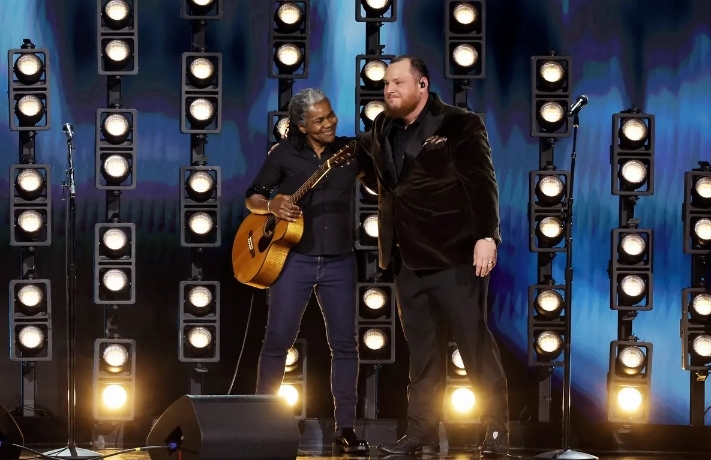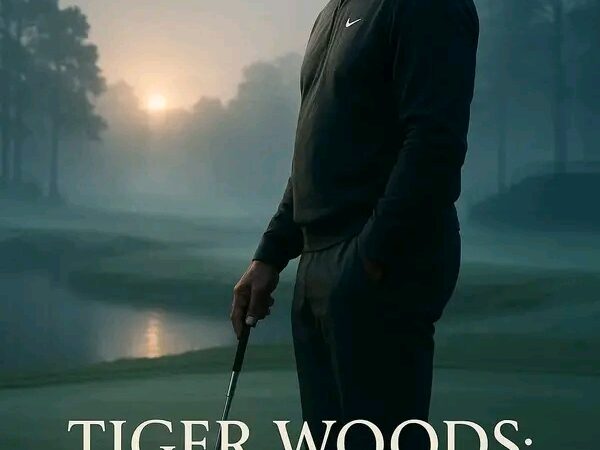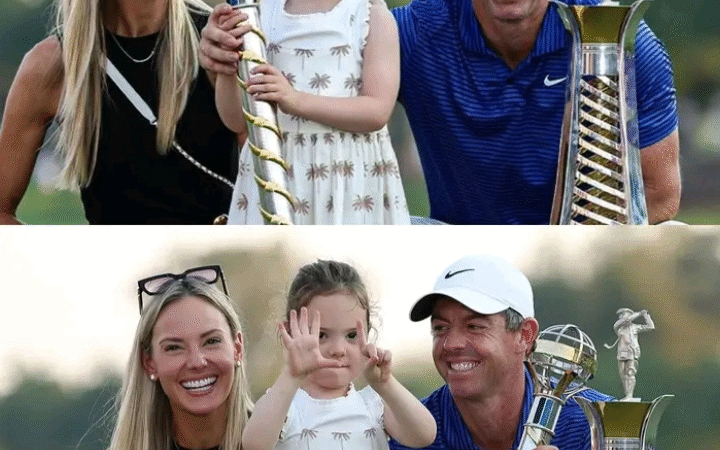Tracy Chapman and Luke Combs Gave America a Rare Gift: Harmony

Tracy Chapman and Luke Combs gave America a rare gift: harmony.
Tracy Chapman shared the Grammys stage on Sunday night with country singer Luke Combs, whose cover of “Fast Car” was a hit. Photo: Kevin Winter/Getty Images
When our favorite artist returns to the stage after not performing in concert for a while, we often expect him to look fragile, unstable, and clumsy. But at Sunday’s Grammy Awards, when the camera for the first time pulled away from the shot of a woman’s fingers strumming a familiar acoustic guitar riff to reveal the face of the great and elusive folk singer Tracy Chapman, you knew his glorious I noticed joy. In his name. His satisfied smile. The unwavering tone and deep, even tone of his voice. It was a real moment of warmth and togetherness that is rarely seen at award shows these days, or indeed any other show on television. She performed her 1988 hit “Fast Car” live for the first time in years, performing a duet with country star Luke Combs. A faithful cover of the song became one of her definitive hits last year. She received enthusiastic applause from her fellow musicians. Chapman exuded a sense of belonging, true to her timeless songs. Thirty-five years ago, at the 1989 Grammy Awards, Chapman stood alone on stage and performed a moving version of “Fast Car” accompanied only by his own acoustic guitar.
It wasn’t just the passage of time or the gray hair that graced Chapman’s face that made Sunday night’s performance special. What kept Chapman in check was Combs, who was born a year after his Grammy performance. He stands in for so many people over the years, of all races, genders, and generations, who wanted to hear their deepest desires reflected in this song and express their gratitude to Chapman. It seems that it was. They traded a few lines and harmonized beautifully in the chorus – his tone sparkled and brought vigor – but Combs never outdid Chapman. He knew that no one else could do that at that moment. The way he looked at her spoke volumes. His eyes sparkled with irresistible respect. He was a grown man, a confident entertainer who filled stadiums and was clearly in awe of the sight and sound of folk singer Tracy Chapman. He wasn’t alone in this. Crowd shots during the show showed music’s biggest stars, including Brandi Carlile, standing in glee as they received a standing ovation.
When a cover of a famous song becomes a hit decades after its original release, it usually takes a reboot of the style to resonate with a new generation. But the appeal of Combs’ version, which reached No. 2 on the Billboard Hot 100, was how it matched Chapman’s recording. Combs gives the rhythm section a little more arena rock style and adds a country vibe to the phrasing, but it’s definitely there. It’s a cliché to call a song “timeless,” but here’s proof of it. “Fast Car” didn’t need much change to become a hit again, more than 30 years after its initial release.
However, this resurgence and the success of Combs’ recordings have sparked debate about the song’s appropriate genre. Combs was born in North Carolina and eventually moved to Nashville to begin his musical career, but all of the music he released before “Fast Car” was classified as country for chart purposes. So when “Fast Car” won song of the year at the Country Music Association Awards last November, Chapman became the first black songwriter to win the award. This was less a cause for celebration than a stark reminder that very few black women can be considered “country” artists, a genre with a long and complicated racial history. Was “Fast Car”, which was ranked in the 1989 Grammy Awards, a pop song? Was it a folk song only when sung by a black woman, or a country song only when sung by a white man?
But the culture wars that are deeply dividing us elsewhere seemed, perhaps for a moment, like a distant Sunday night. Throughout Chapman and Combs’ five-minute performance, the song is incredibly spacious, transcending genre boundaries and touching everyone it touches, regardless of the markers of identity that often divide us. It was appealing and broad enough to be accepted. It was a rare reminder of music’s unique ability to erase external differences. “Fast Car” is a song about something more internal and universal. This is a song about the wants and needs that make us human: the desire to be happy, to be loved
, to be free.





